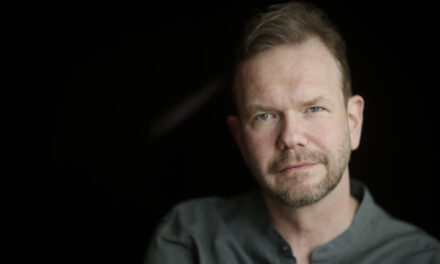Women have been banned from participating in female beauty contests. This decision has sparked widespread debate and raised significant concerns about gender equality and inclusivity in the beauty industry.
The ban effectively excludes women from a traditionally female-centric competition, prompting discussions about the boundaries of gender-specific events. Critics argue that such exclusions reinforce harmful stereotypes and undermine the progress made towards gender equality.
Supporters of the ban argue that beauty contests perpetuate unrealistic standards of beauty and objectify women. They contend that by eliminating these competitions, society can move towards a more inclusive and empowering understanding of beauty.
However, opponents of the ban assert that women should have the freedom to participate in events that celebrate their femininity and personal expression. They argue that blanket exclusions limit women’s choices and overlook the agency and autonomy individuals should have in deciding their participation.
The controversy surrounding the ban highlights the ongoing tension between societal perceptions of beauty and the empowerment of women. It raises important questions about the purpose and impact of beauty contests in today’s society.
As discussions progress, it is crucial to find a balance that respects both the individual’s agency and the need to challenge harmful beauty standards. A more inclusive approach to beauty contests, one that embraces diverse definitions of beauty and promotes positive body image, may help bridge the divide.
Ultimately, the decision to exclude women from female beauty contests has ignited a broader conversation about gender, inclusivity, and societal expectations. It calls for a nuanced exploration of the evolving understanding of beauty and the ways in which individuals can express and celebrate their identity.
















